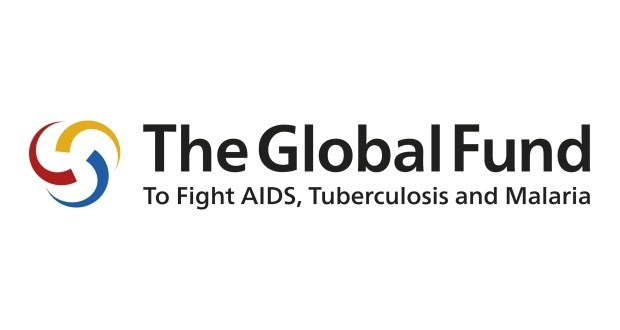
Global Fund Applauds World Leaders’ Commitment to Universal Health Coverage
NEW YORK – The Global Fund applauds world leaders’ commitment to scale up efforts to achieve universal health coverage by 2030, made at today’s UN High-level Meeting on Universal Health Coverage in New York. The Political Declaration “Universal health coverage: moving together to build a healthier world” stressed the need for inclusive, accessible, affordable health care, and the importance of immediate international support and long-term, sustainable financing from domestic governments.
“Today’s discussions showed an overwhelming consensus that universal health coverage is a shared value and that we must prioritize access to quality health care for all,” said Peter Sands, Executive Director of the Global Fund, who addressed the meeting. “The Global Fund is committed to working together with partners and governments to ensure universal health coverage becomes a reality.”
To ensure that countries and all partners deliver on equity and the right to health, the Global Fund, the Global Financing Facility and Gavi, the Vaccine Alliance, today called on world leaders to prioritize primary health care systems as the foundation for universal health coverage; reach the most underserved, vulnerable and marginalized people; and increase domestic resource mobilization and the prioritization of health investments.
Working with partners through the WHO-led Global Action Plan for Healthy Lives and Well-being for All, the Global Fund supports the achievement of universal health coverage through investing in resilient and sustainable systems for health; tackling gender and human rights barriers to health care access for the poorest and most vulnerable, so health services are truly “universal”; and supporting and catalyzing the sustainable financing of systems for health, including increased domestic resource mobilization.
The Global Fund is the largest multilateral provider of grants to support sustainable systems for health, investing more than US$1 billion a year on improving procurement and supply chains; strengthening data systems and data use; training qualified health care workers; building stronger community responses and systems; and promoting the delivery of more integrated, people-centered health services so people can receive comprehensive care throughout their lives.
“Building inclusive, sustainable and resilient systems for health is essential to end HIV, TB and Malaria as epidemics, and serves as our best defence against emerging threats to global health security such as multidrug-resistant TB and Ebola. Those same health systems also provide a range of critical primary health services, from sexual and reproductive health to chronic and noncommunicable diseases,” said Sands.
The Global Fund is working closely with partners to develop and implement the Sustainable Financing Accelerator as a key element of the Global Action Plan for Healthy Lives and Well-being for All. This will facilitate more effective coordination and collaboration among the key global actors engaged in supporting countries on domestic resource mobilization for health, including WHO, the World Bank, the Global Financing Facility and Gavi.
France will host the Global Fund’s Sixth Replenishment pledging conference in Lyon, France, on 9-10 October 2019. The Global Fund seeks to raise at least US$14 billion for the next three years to help save 16 million lives, cut the mortality rate from HIV, TB and Malaria in half, and build stronger health systems by 2023.
###
WHAT IS PANCAP?
PANCAP is a Caribbean regional partnership of governments, regional civil society organisations, regional institutions and organisations, bilateral and multilateral agencies and contributing donor partners established on 14 February 2001. PANCAP provides a structured and unified approach to the Caribbean’s response to the HIV epidemic, and coordinates the response through the Caribbean Regional Strategic Framework on HIV and AIDS to maximise efficient use of resources and increase impact, mobilise resources and build the capacity of partners.
What are the Global AIDS Strategy 2021–2026 targets and commitments?
If targets and commitments in the strategy are achieved:
- The number of people who newly acquire HIV will decrease from 1.7 million in 2019 to less than 370 000 by 2025
- The number of people dying from AIDS-related illnesses will decrease from 690 000 in 2019 to less than 250 000 in 2025.
- The goal of eliminating new HIV infections among children will see the number of new HIV infections drop from 150,000 in 2019 to less than 22,000 in 2025.
What are the 95-95-95 Targets for ending AIDS?
- 95% of People Living with HIV know their HIV status;
- 95% of people who know their status on treatment; and
- 95% of people on treatment with suppressed viral loads.
HELPFUL LINKS:
Global AIDS Strategy 2021–2026, End Inequalities, End AIDS
https://pancap.org/pancap-documents/global-aids-strategy-2021-2026-end-inequalities-end-aids/
Caribbean Regional Strategic Framework on HIV and AIDS (CRSF) 2019-2025
https://pancap.org/pancap-documents/caribbean-regional-strategic-framework-2019-2025/
